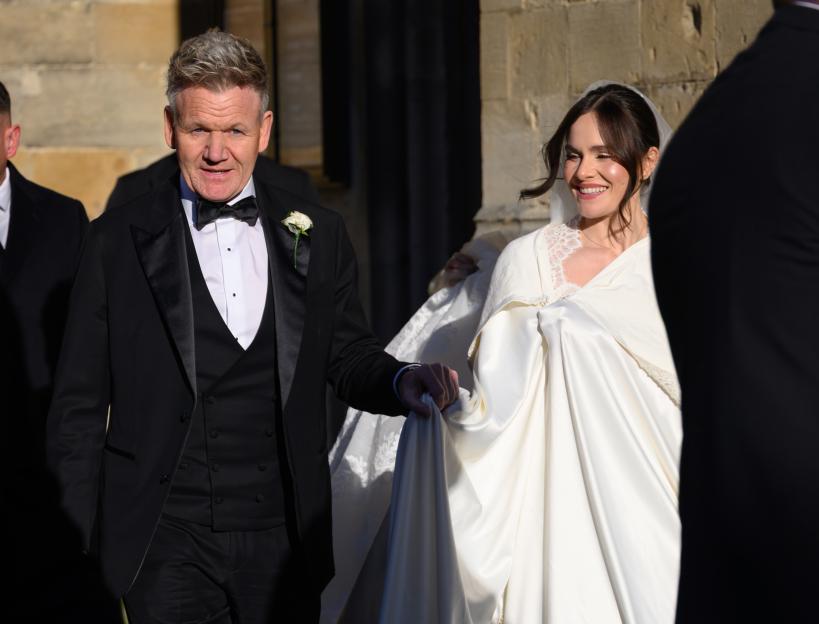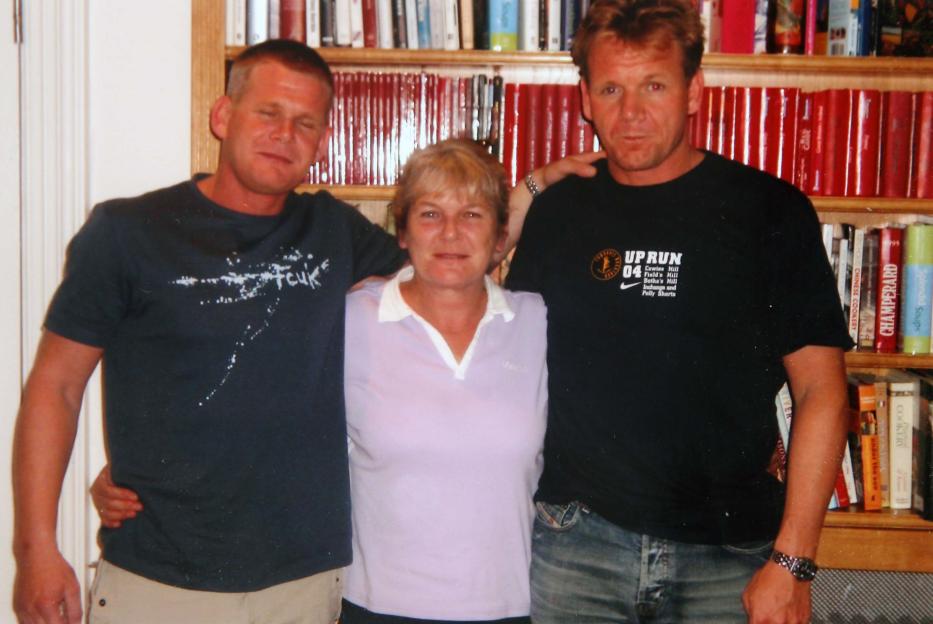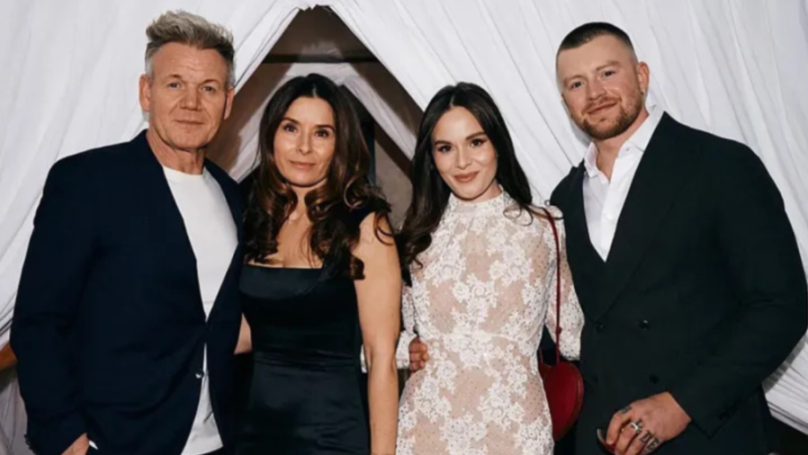BEND It Like Beckham has been confirmed for a sequel, more than two decades after it was released.
Director Gurinder Chadha revealed she is developing a follow-up to the 2002 hit film, which launched the careers of and .
 Bend It Like Beckham has been confirmed for a sequel, more than two decades after it was released
Bend It Like Beckham has been confirmed for a sequel, more than two decades after it was releasedThe sequel is being lined up for release in 2027 to mark the film’s 25th anniversary and coincide with the Women’s World Cup in .
Gurinder told the BBC: “We’ve been part of changing the game for women, so it felt like this was a good time for me to go back and investigate the characters.”
The director said she has been asked “almost twice a week” since the original came out to create a sequel, though no decision has been made on whether it will take the form of a film or a television series.
She added: “A lot has changed since the original movie, but I think that people still don’t think that women should play football.
“There are people who still don’t take it seriously, although the Lionesses are riding high. I’ve left it a while, but I thought: ‘Look at the , look at the Lionesses.'”
Gurinder said she hopes to reunite the original cast and suggested members of the current squad would be “queuing up” to appear in cameo roles.
The original film, made on a £3.5 million budget, became a box office success, earning nearly £60 million worldwide.
It followed Jess Bhamra (Parminder), a teenager who dreams of playing football professionally, despite pressure from her traditional Sikh family to focus on education and marriage.
She is recruited by Jules (Keira), who spots her talent and brings her into the local women’s team.
Chadha claimed she had not expected the film to take off, but wanted to “uplift girls who were always being told how to dress and what to say”.
She said: “What I did was say you can do what you want, and you can have it all,” she said. “And I think that’s a really great message to put out again. I think there’s still stuff to say, and stuff to challenge.”
Gurinder previously told The Mirror she had been working on a sequel to iconic movie
: “For the longest time I never wanted to do a sequel.
“But I have to say, after the World Up this year, and also with the Euro’s a few years ago, my brain is ticking again and I have an idea in my head that I’m thinking through for the first time.
“I’m thinking that I could definitely do something. I never wanted to follow the girls off in America, because I felt that what I had created was so magical for that moment in time.
“It’s very hard with sequels â there are very few sequels that I think really hit the mark after the success of the first film.
“However, I do have an idea and I am starting to work on it, so I think I will definitely do something that shows how brilliant our athletes are right now.”
The film highlighted the challenges girls face despite growing in popularity since the was released in 2002.
Gurinder was inspired to create the film after seeing a photograph of legendary and Arsenal dressed in a union jack flag.
This made her think about what Britishness actually meant and the “evolving concept of Britishness.”
Football is important to Britain and the sport has the power to pull many different people together.
, who featured in the film, reflected on it saying how “football does unify the nation, everyone gets behind England and it’s probably the only time we do all come together. That’s what originated the idea of.”
There are plenty of fun facts about the film besides Wright being the inspiration.
The budget may have been just £3.5 million but it grossed at nearly £60 million.
Chada didn’t know much about football and relied on co-writers to add the football bits.
It was even the first Western filmed to be screened in North Korea at a public broadcast during a film festival in the country.
Actresses Nagra and Kiera did three months worth of football training for the film and didn’t use any doubles.
The title itself is a metaphor as Chada explained back in 2003.
She said: “We can see our goal but instead of going straight there, we too have to twist and bend the rules sometimes to get what we want.
“No matter where we reside, no matter what group we claim or do not embrace as part of our ethnic lineage.”
 Director Gurinder Chadha revealed she is developing a follow-up to the 2002 hit film
Director Gurinder Chadha revealed she is developing a follow-up to the 2002 hit film The original film earned nearly £60 million worldwide
The original film earned nearly £60 million worldwide It launched the career of Keira Knightley
It launched the career of Keira Knightley







